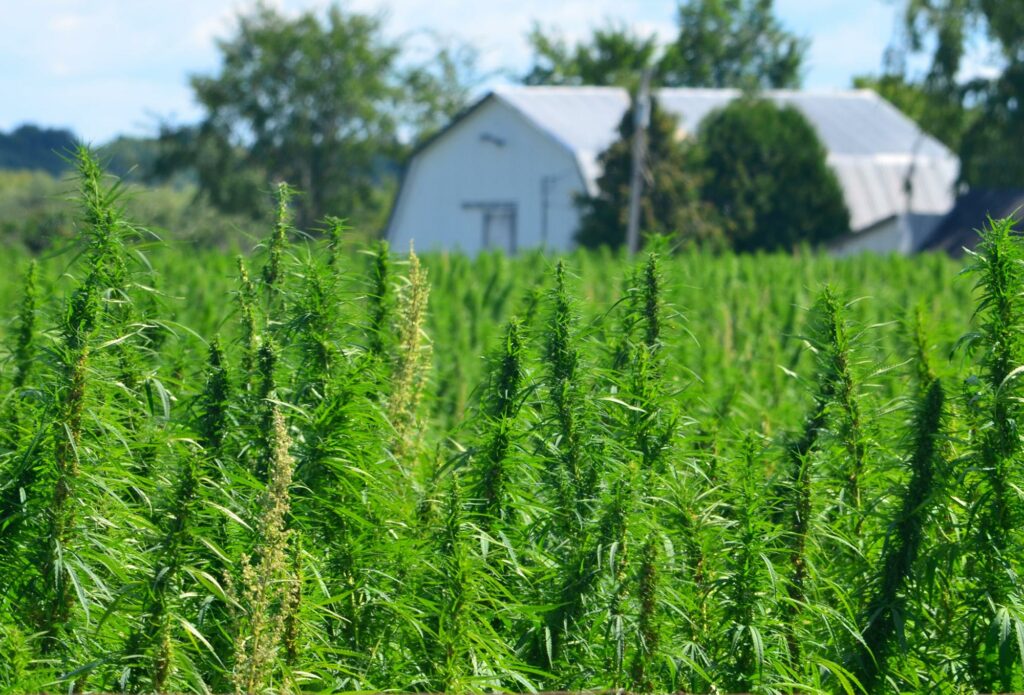Introduction
The passage of the Hemp Farming Act of 2018 was a significant milestone in the history of hemp legalization in the United States. This comprehensive guide aims to provide a detailed overview of the Hemp Farming Act, its key provisions, and the implications for farmers, businesses, consumers, and the broader hemp industry. We will explore the history and context of hemp legalization, the impact on agriculture and the economy, considerations for cultivation and processing, and the potential opportunities and challenges that arise as a result of this legislation.
Understanding Hemp and its History
In this section, we will explore the history of hemp and its significance as an agricultural crop. We’ll discuss the distinction between hemp and marijuana, the various uses of hemp throughout history, and the cultural and legal context that led to its prohibition. Understanding the historical background of hemp is crucial to appreciating the significance of the Hemp Farming Act of 2018.
The Path to Hemp Legalization
We’ll delve into the journey towards hemp legalization in the United States, highlighting key milestones and legislative efforts. This includes the inclusion of hemp in the 2014 Farm Bill, the emergence of pilot programs, and the advocacy efforts that paved the way for the Hemp Farming Act of 2018. Understanding the path to legalization provides important context for evaluating the impact of the legislation.
Key Provisions of the Hemp Farming Act
This section will focus on the key provisions of the Hemp Farming Act of 2018. We’ll discuss the removal of hemp from the Controlled Substances Act, the role of the United States Department of Agriculture (USDA) in regulating hemp production, the establishment of a federal regulatory framework, and the implications for interstate commerce. We’ll also examine the definition of hemp and the allowable THC threshold.
Impact on Farmers and Agriculture
The Hemp Farming Act presents significant opportunities for farmers and the agricultural industry. We’ll explore the potential economic benefits, including job creation, increased crop diversification, and access to new markets. We’ll also discuss the challenges associated with hemp cultivation, such as seed sourcing, agronomic practices, pest management, and the need for infrastructure and processing facilities.
Considerations for Cultivation and Processing
This section will provide practical guidance for farmers and businesses interested in cultivating and processing hemp. We’ll discuss licensing and registration requirements, recommended cultivars, optimal growing conditions, harvesting and post-harvest practices, and processing methods for different hemp-derived products. Understanding the nuances of hemp cultivation and processing will support successful ventures in the industry.
Opportunities in the Hemp Industry
The legalization of hemp opens up a range of opportunities for businesses and entrepreneurs. We’ll explore the potential applications of hemp in various industries, including textiles, construction, food and beverages, supplements, cosmetics, and CBD products. We’ll discuss market trends, consumer demand, and the potential for innovation and value-added products within the hemp industry.
Regulatory Compliance and Quality Assurance
With the legalization of hemp comes the need for regulatory compliance and quality assurance. We’ll discuss the importance of adhering to federal and state regulations, including testing requirements, labeling guidelines, and product safety standards. We’ll also explore certification programs and industry best practices for ensuring the quality and safety of hemp-derived products.
Challenges and Considerations
While the Hemp Farming Act presents significant opportunities, it also poses challenges and considerations. We’ll discuss potential barriers such as financial constraints, limited infrastructure, regulatory complexities, market saturation, and the need for education and public awareness. Identifying and addressing these challenges will support the sustainable growth of the hemp industry.
The Future of Hemp
In this section, we’ll explore the potential future developments in the hemp industry. This includes emerging research and innovation, advancements in cultivation techniques, evolving regulations, and international market opportunities. We’ll discuss the importance of continued advocacy, research, and collaboration to maximize the potential of hemp as a sustainable and versatile crop.
Conclusion
The Hemp Farming Act of 2018 represents a pivotal moment in hemp legalization in the United States. This comprehensive guide has provided an in-depth understanding of the Act, its key provisions, and the implications for farmers, businesses, consumers, and the broader hemp industry. As the industry continues to grow and evolve, stakeholders must remain informed, adaptable, and committed to responsible practices. By embracing the opportunities and addressing the challenges, we can collectively strive towards a thriving and sustainable hemp industry.

